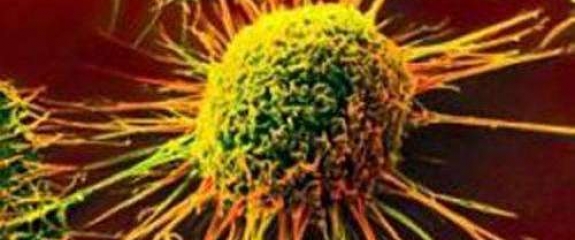Biomarker helps predict survival time in gastric cancer patients

Gastric cancer poses a significant health problem in developing countries and is typically associated with late-stage diagnosis and high mortality. A new study in The American Journal of Pathology points to a pivotal role played by the biomarker microRNA (miR)-506 in gastric cancer. Patients whose primary gastric cancer lesions express high levels of miR-506 have significantly longer survival times compared to patients with low miR-506 expression. In addition, miR-506 suppresses tumor growth, blood vessel formation, and metastasis.
"Epithelial-to-mesenchymal transition (EMT) is an important process that enables cancer cells to invade their surroundings and to metastasize," explained lead investigator Xin Song, MD, PhD, of the Cancer Research Institute of Southern Medical University (Guangzhou, China) and Cancer Biotherapy Center of The Third Affiliated Hospital of Kunming Medical University (Tumor Hospital of Yunnan Province, Kumming, China). "Our study presents evidence that miR-506 is a potent inhibitor of EMT."


